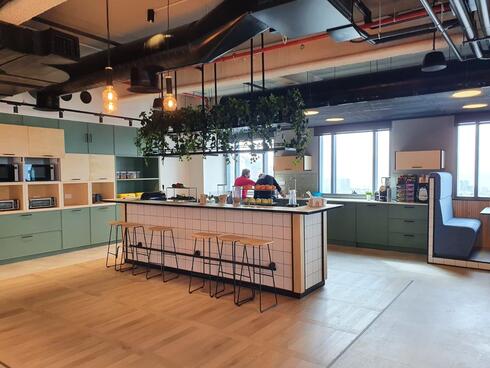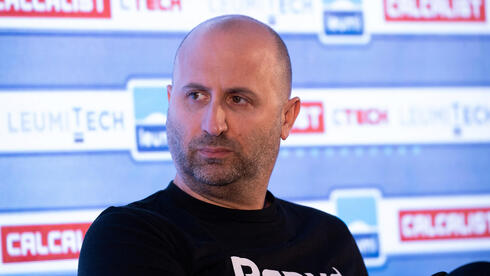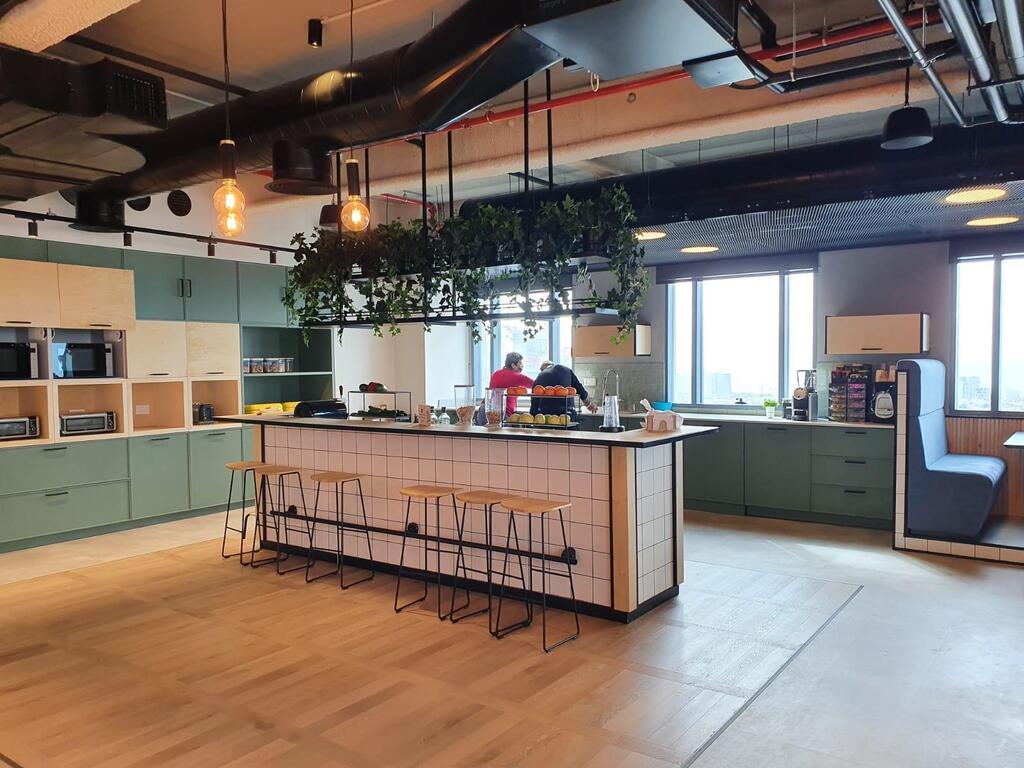
From Intel to Meta: How high-tech giants are rethinking employee perks
From Intel to Meta: How high-tech giants are rethinking employee perks
With coffee cuts and meal reductions, the tech industry shifts its approach to benefits.
This week, Intel discontinued free coffee service for employees in Israel. Last week, Meta fired over 20 employees for using food stipends to buy non-food items like laundry detergent, wine, and toothpaste. Meanwhile, Google, which still provides meals to employees, eliminated free snacks—such as dried mangoes, small packages of Doritos, and chocolate bars—about eight months ago.
Food-related benefits like meal cards, buffets, cafeterias filled with treats, and even chef-prepared meals characterize successful tech companies, from large international corporations like Microsoft, Meta, and Amazon, to unicorns and smaller startups competing for talent. Subsidized meals and kitchenettes stocked with milk substitutes, fruits, and snacks are the norm. These aren’t viewed as perks but as integral parts of tech working conditions. Just as employees are expected to work late or adjust their hours to meet client demands, companies are expected to provide comfortable work environments. And coffee? Coffee is foundational. Employees staying late for calls with colleagues or clients abroad need caffeine—and coffee breaks—to stay productive.
Indeed, we’re no longer in the days of tech industry celebrations. Globally, tech is navigating one of its toughest times, with layoffs, department closures, and entire companies folding. In Israel, the situation is compounded by war and a decline in investment. Nevertheless, 10% of high-tech companies in Israel have actually increased their food budgets for employees, according to employee benefits company Cibus.
At the beginning of 2024, the average monthly food budget per employee at a tech company in Israel was approximately NIS 1,000 (approximately $270). According to Cibus, in companies with up to 100 employees, this budget increased by 4%; in companies with up to 1,000 employees, it rose by 9%; and in companies with over 1,000 employees, it jumped by 17%.
Unlike at Meta, where employees were dismissed for using food benefits to buy consumer goods like toothpaste and wine, in Israel, using food cards for other products is not only accepted but has even grown in prevalence. Over the last three years, employee benefits budgets for non-lunch-related categories have grown by 40%, including supermarkets, delis, pharma chains, and convenience stores.
Employment terms, salary, and benefits are part of the package employers offer to attract talent. In boom times, competition for talent was fierce, and companies offered extravagant perks, such as concerts by top performers, international vacations, and wellness benefits like fitness classes, mindfulness sessions, and game rooms. Even during downturns, companies still compete for talent. In this era of AI-driven industry change, this competition is crucial for survival and growth. While a well-stocked kitchen may not be the deciding factor, technology challenges, stability, and salary matter more. Still, these amenities are part of the expected baseline; given two companies with similar challenges, employees may lean toward the one that offers a more comprehensive benefits package.
Furthermore, food benefits serve more than just attracting talent. Innovation and creativity drive tech companies. At Google, the cost of providing meals is seen as negligible compared to the value of the creativity and collaboration fostered during shared meals. Alphabet CEO Sundar Pichai has noted that many groundbreaking ideas at Google emerged from casual conversations in the cafeteria.
The reduction in food benefits is not solely due to cost-cutting in response to the high-growth-at-any-cost mentality of previous years. The pandemic has reshaped work habits. With more companies adopting hybrid work models, traditional concepts of innovation, creativity, and productivity are being re-evaluated. If employees aren’t in the office daily, their needs may shift—perhaps favoring supermarket allowances over chef-prepared office meals.
Hybrid work itself has become a highly valued benefit. Amazon’s recent decision to require employees to work in-office five days a week received backlash and raised concerns that other companies might follow suit. Amazon’s move, partly intended to reduce headcount, did not affect all employees equally; certain talent groups retain the hybrid option. Overall, hybrid work as a model and benefit is expected to endure in many companies.
From chef-prepared meals and an array of ice cream flavors to the removal of coffee and fruit, the competition for tech talent remains intense during a pivotal time for the industry. Companies reducing benefits like hybrid work or coffee in an effort to encourage employee attrition should carefully consider which employees they want to retain.















